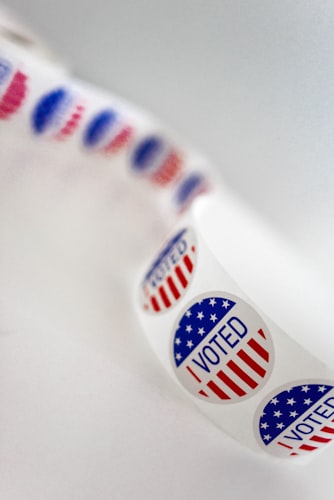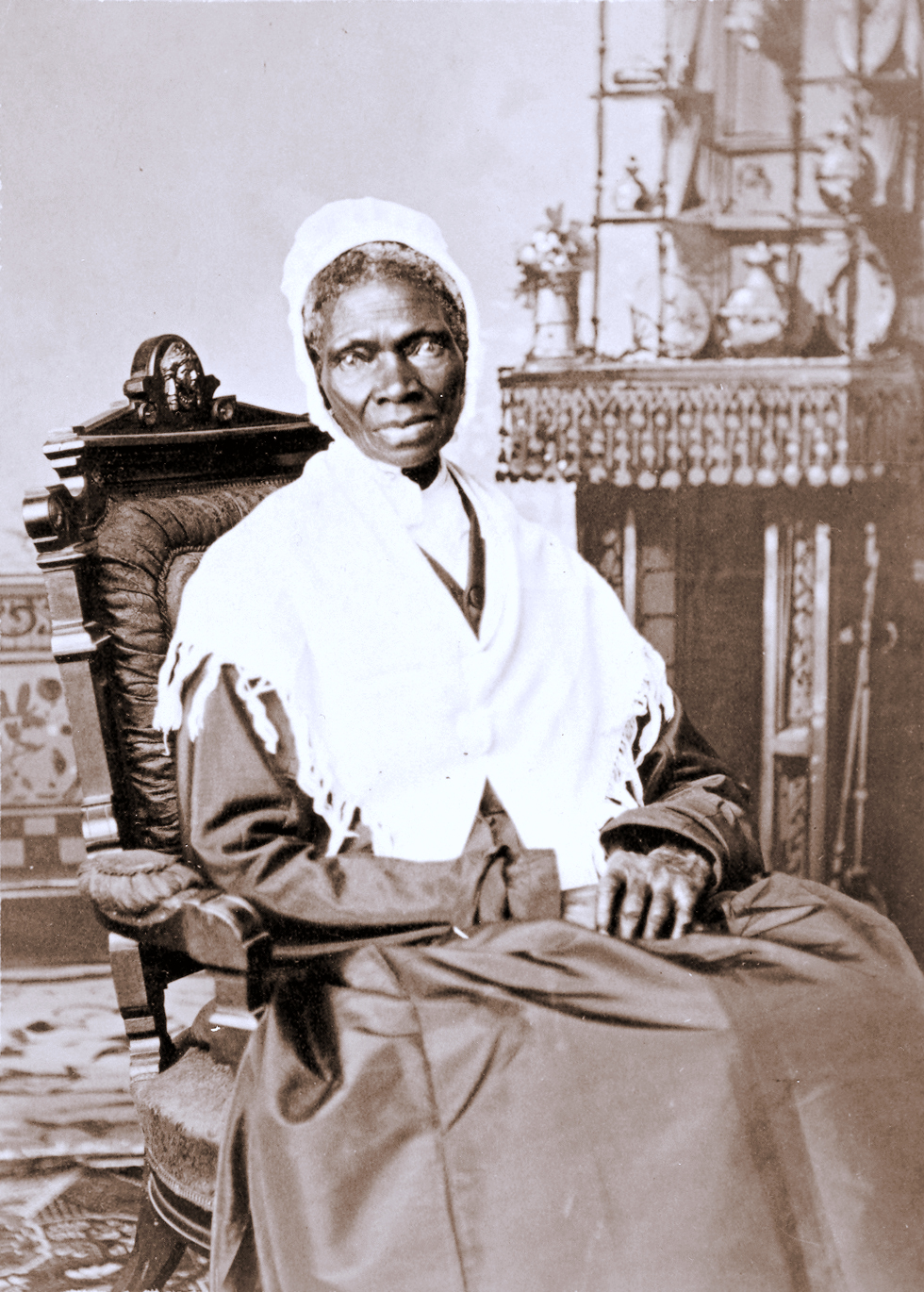Abortion is always tragic.
It’s a loss of life. We can get into biological and theological
arguments about when exactly cells become an individual life, but
those cells – all cells – have always been a part of the
collective reality we call “life.” Our modern, individualistic
world focuses on individual life as if that’s the only life that
exists. I’d argue individuals are only bit players in the grand
reality of existence.
When we say Christians value life, we’re not (or at least we
shouldn’t be) speaking only of individual life. Individual lives
are indeed important, but only insomuch as they point us to a larger
understanding of life. We want to be life-giving people, but that
doesn’t mean our primary aim is procreation. It means we are
contributing to the health and well-being of all life – usually
through interactions with one or more individual lives, but with
a higher purpose.
This is evidenced in the traditional evangelical approach to
abortion: ban it. We want laws changed to criminalize the practice,
not necessarily to put women in jail, but to fearfully discourage
abortion as an option. We’re willing to lie to pregnant women
about science, laws, health outcomes, and whatever else it takes to
influence their choice away from abortion.
If the purpose of our efforts was to limit the number of individual
abortions, this might
be justifiable on a purely numeric scale (although these tactics
remain morally suspect). The Christian aim, though, when it comes to
abortion is not to limit the practice, but to eliminate it. Even one
is too many!
Laws, fear, and coercion will never eliminate abortion. Making it
difficult, scary, or unpopular will indeed stop some women from
following through. Desperate women, though, will revert to back
alleys, homemade poisons, coat hangers, and “falling” down the
stairs – all common abortion practices in times and places where
traditional evangelical approaches to abortion dominate.
Legal limits can never stop abortion, because they do not address the
desire to have an abortion.
The only means to remove the desire for an abortion is to provide
social conditions that preclude the desire. If women and children
and families (and men, who are an integral factor in, and often root
cause of, every unwanted pregnancy) were supported in true, loving
community, there would not be a need for abortion. That’s the
goal: elimination, not moderation.
That doesn’t mean Christians can’t or shouldn’t address
individual life. Coming alongside vulnerable women, supporting them
during pregnancy, and demonstrating your commitment to the value of
their life and the value of the life of their future child is
important. Adoption, especially adoption out of foster care,
adoption of older children, and adoption of those with special needs,
are important.
These things are not important, though, because they might limit
abortions. These individual actions are important because we have a
Christian duty to provide such loving care for all people at all
times. There are hundreds of millions of vulnerable women around the
world who’ve chosen to have their babies and still live unsupported
and unloved. Abortion is irrelevant to the call for us to care for
the vulnerable.
The point of life itself is to be a life-giving presence to all
people in all circumstances, especially those most vulnerable to the
insidious tentacles of trauma, pain, and death. Being present is not
a means to an end, but an end in itself. THE end itself.
Guilt, shame, fear, and coercion cannot get us to the Kingdom of God
– which is what Jesus called those optimal social conditions that
prevent the desire for abortions. This Kingdom is also the future we
have been promised. At the core of Christian faith is a belief that
the Kingdom is not just a possibility, but a reality. Jesus
announced and makes possible the world we seek; we must live into it
as it comes into being around us.
The “end” Christians seek, the Kingdom of God, cannot be realized
through guilt or shame or fear or coercion. We cannot achieve our
goals through those means. The means by which we seek the Kingdom is
the goal. We must do all things in love, because love is the only
law in the Kingdom of God.
If you are calling guilt, coercion, shame, or fear “love,”
because you have good intentions, you have missed the point. That is
transactional morality; it is not what Jesus taught.
These conclusions can be infinitely expanded upon, but they are a
good start for those who wish to end abortion:
The mandate to love means working for systems that fully support mothers and children.
The mandate to love means ensuring safety and equality for all women.
The mandate to love means holding accountable all people who abuse and manipulate women.
The mandate to love means working to change systems that oppress and disadvantage women.
The mandate to love means naming and addressing racial inequities that disadvantage women of color.
The mandate to love means naming and addressing economic inequities that disadvantage poor women.
The mandate to love means providing community and support to all women in all walks of life.
The mandate to love means organizing society in which every child is treated as if they were yours.
I was raised in a very conservative household. I picketed an
abortion clinic when I was barely old enough to remember it. My
parents remain, to this day, largely one issue (anti-Roe v Wade)
voters. Many of the members of my denomination would largely be appalled if
they knew our own Manual of Christian life and practice allows for
abortion after much prayer and counsel with a pastor.
My creativity on this issue was sparked by reading John Irving’s
novel, The Cider House Rules, which powerfully illustrates not
the value of abortion, but the tragic realities out of which women
seek abortions. I began to see the problem not as the intellectual
moral debate over abortion itself, but the deficiencies of a society
that immorally withholds life-giving options from desperate pregnant
women.
I began to study the scriptures more directly and think about how to
apply Jesus’ words on the Kingdom to this particular issue. All
you’ve read above is the summary of that process – a process
that’s boiled down to one troubling conclusion:
The Christian mandate to love means ensuring safe access to abortions
for those who desire them.
I believe this not because I’ve become persuaded that abortions are
acceptable or justified or moral, but because I don’t believe it’s
Christ-like for the most vulnerable in our society to pay the price
for our collective sin and indifference.
The woman caught in adultery was not justified in her actions. Jesus
did not excuse her behavior, but he refused to allow her to be the
scapegoat for a society’s sinful indifference.
An abortion is not the “fault” of the woman who seeks it or the
doctor who performs it. It is not the “fault” of the child’s
father or the laws that allow it. Every abortion is a condemnation
of our collective failure to provide the healthcare, emotional
support, education, housing, validation, purpose, and physical
protection every member of our society is entitled to as a beloved
child of God.
We ALL bear collective AND individual responsibility. We don’t
ignore individuals in need, but we can’t limit our scope to fixing
individual problems. Christian faith calls us to a higher purpose:
to embody a people, God’s people, who exist to be an example to the
world of God’s Kingdom – a place where, among other things,
abortions don’t exist, not because they’re illegal, but because
they’re unnecessary.
If you think this perspective on the world is fantastical or
unrealistic or impossible, please, let me introduce you to Jesus
Christ and the wonderful message of the gospels: the Kingdom of God
is at hand. If we fail to see it, it is only because we fail to live
into it.




